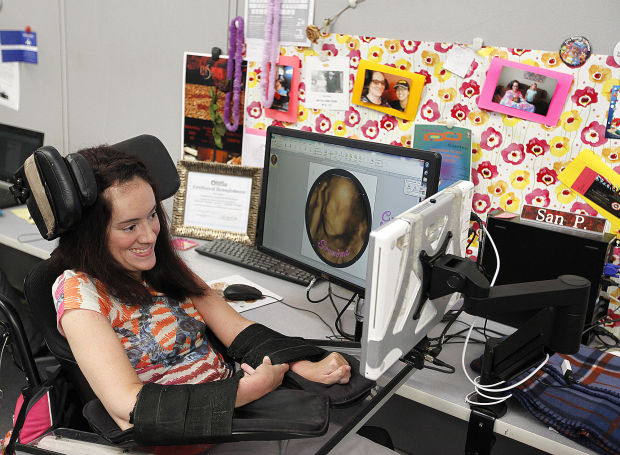In real life, many people are living with disabilities that restrict them physically and socially. For example, a person with multiple sclerosis may use a wheelchair and require assistance to go out into the world, where relationships can be forged and friendships maintained. In other words, access to the communication and connectedness that many of us take for granted is severely limited for others.
However, in a virtual world—like Second Life—that same person can enjoy the company and friendship of others in the virtual world. He or she can access this companionship anytime, without assistance, and can fully participate in social life.
This is the power of virtual worlds for people whose lives were formerly restricted by disability. Someone who uses a wheelchair or crutches in the real world can walk, run, dance, and go horseback riding in a virtual world.
Or, someone with speech limitations—such as a person with advanced ALS—can communicate freely with others by typing their speech, or even using eye tracking if they are unable to type the traditional way.
Existing within Second Life is another program called Virtual Ability. It is a Colorado-based organization that is helping to welcome people with disabilities into a more social, more connected life online.
Through Virtual Ability, community members use avatars to interact with each other to help close the gap of social experiences many of them face. Launched in 2007, the community has grown to more than 700 people. Whether Virtual Ability members have impairments related to vision, hearing, communication, or physical ability, they are able to escape the isolation and limitations that often prohibit them from living full social lives.
Besides the social benefits of virtual platforms and communities like Second Life and Virtual Ability, participants are able to overcome the feeling of being treated as different from those without disabilities. In other words, virtual worlds offer more than social rewards; they offer a chance to develop confidence and acceptance—very therapeutic, indeed.

